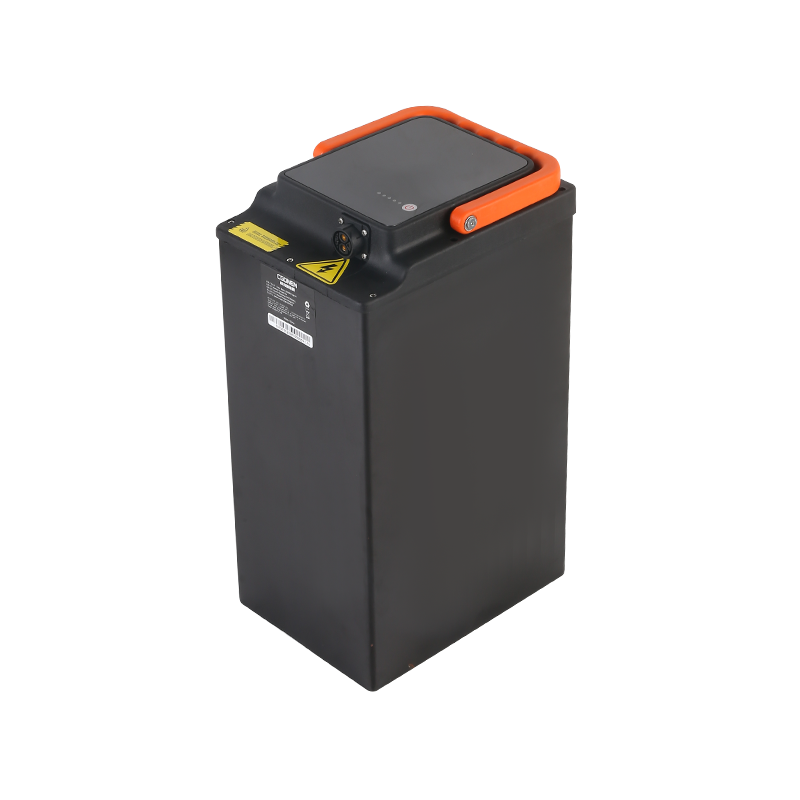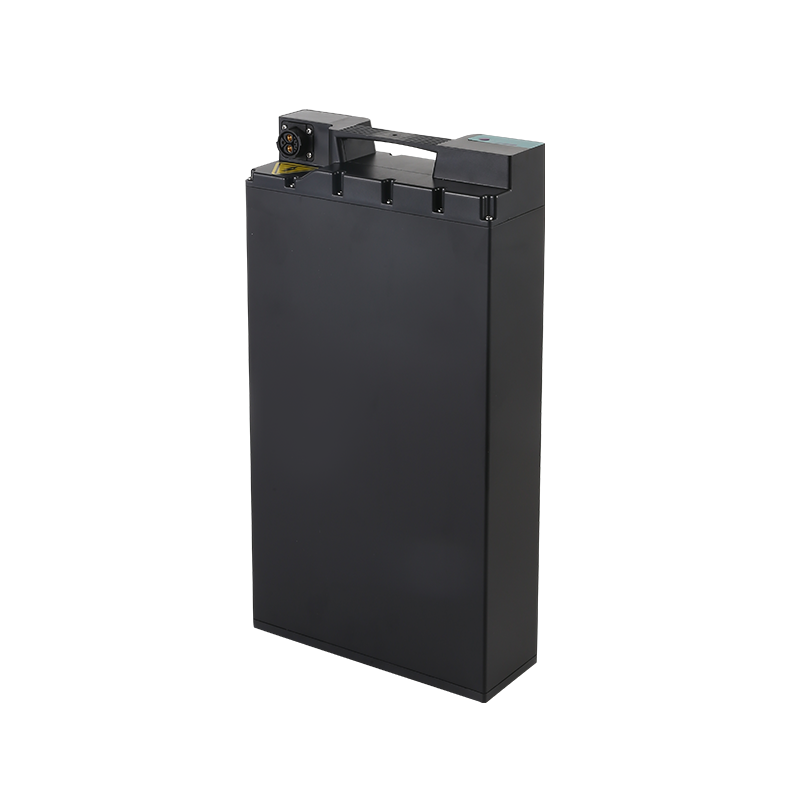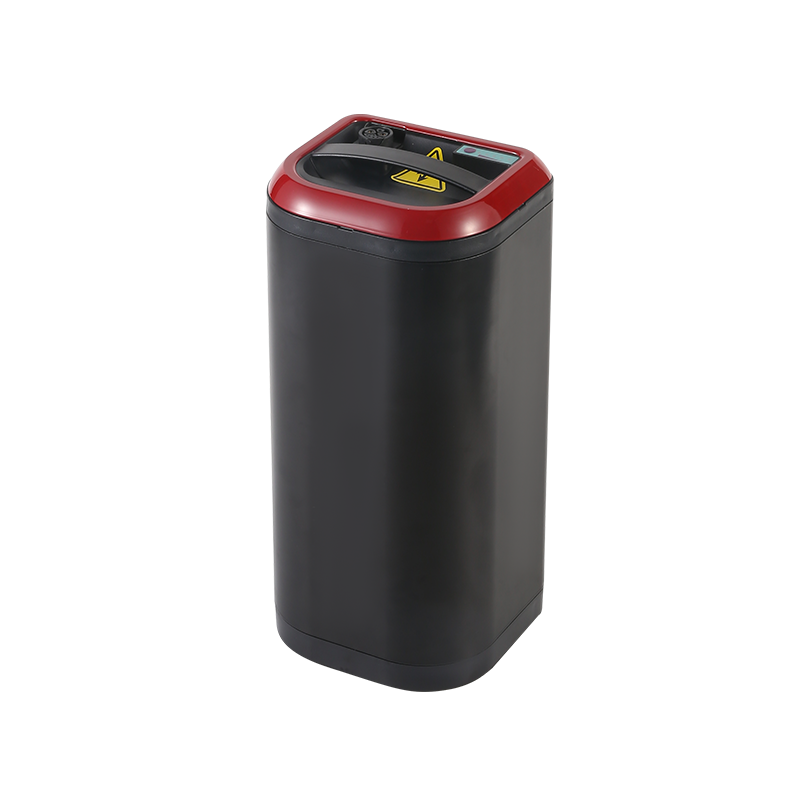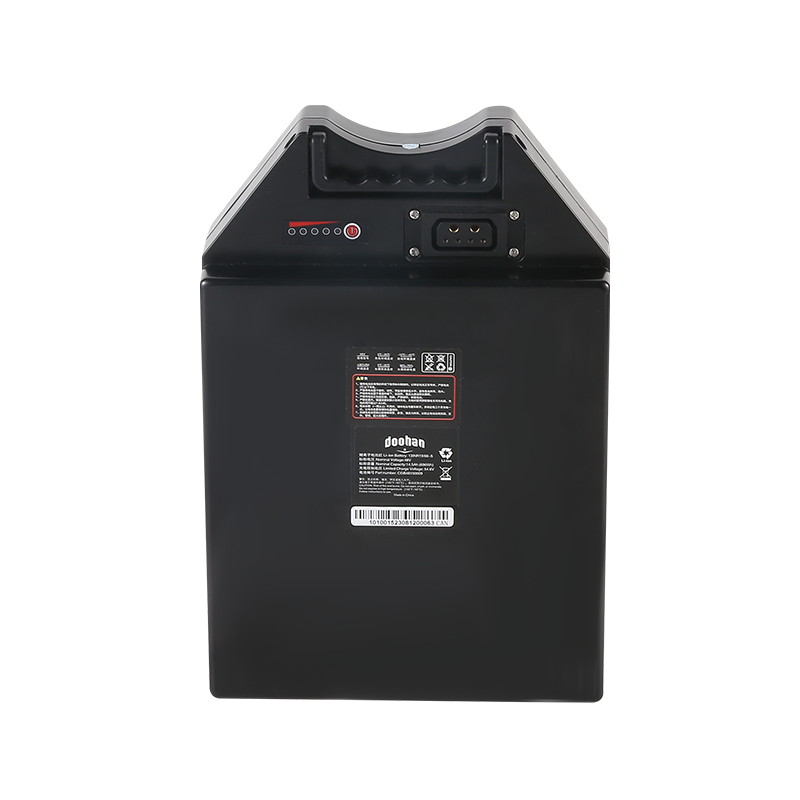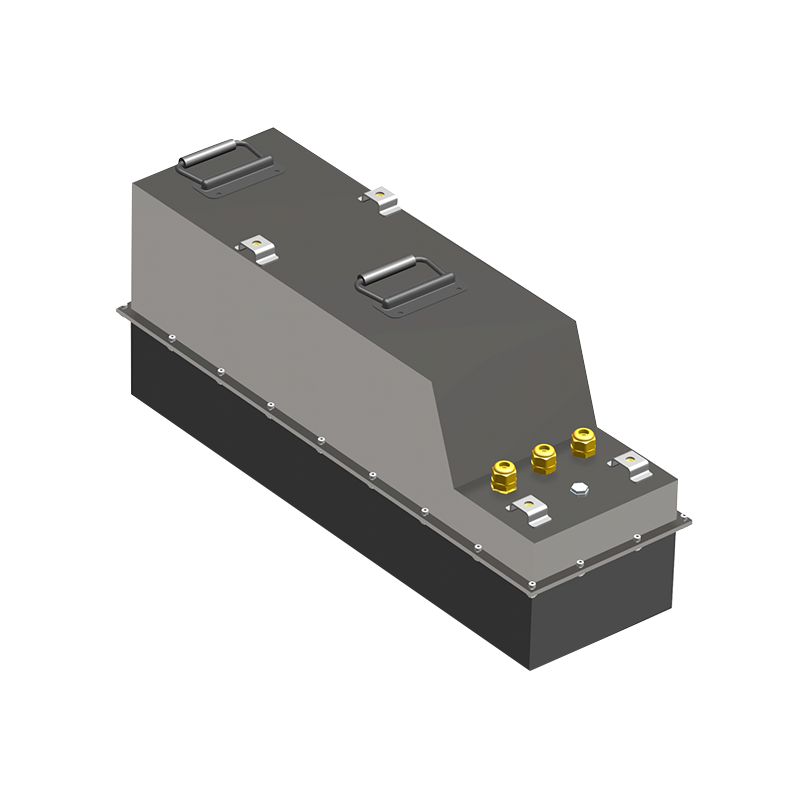Web Menu
Product Search
Exit Menu
Li-ion Power Batteries: Driving the Future of Sustainable Energy
In the quest for sustainable and efficient energy solutions, li-ion power batteries have emerged as a cornerstone technology. These advanced batteries are not only transforming the way we power our devices but also playing a crucial role in the transition to renewable energy sources and electric transportation.
Li-ion power batteries are renowned for their high energy density, which allows them to store significant amounts of energy in a compact form. This makes them ideal for a wide range of applications, from consumer electronics to electric vehicles (EVs). The ability to deliver consistent power output over extended periods has positioned li-ion power batteries as a preferred choice for modern technology.
One of the lots of significant applications of li-ion power batteries is in the automotive industry. Electric vehicles (EVs) rely heavily on these batteries to provide the power needed for propulsion. The high energy density and long cycle life of li-ion power batteries enable EVs to achieve impressive driving ranges and performance, making them a viable alternative to traditional combustion engine vehicles. As the world moves towards sustainable transportation, the role of li-ion power batteries in this transition cannot be overstated.
The renewable energy sector is also benefiting from the advancements in li-ion power batteries. Solar and wind power, while increasingly popular, are intermittent energy sources. Li-ion power batteries provide a solution by storing excess energy generated during peak production times and releasing it when needed. This ensures a stable and continuous power supply, addressing one of the main challenges of renewable energy integration.
Safety is another critical aspect of li-ion power batteries. Modern designs incorporate advanced safety features to prevent issues such as overheating and short-circuiting. Thermal management systems and overcharge protection mechanisms are standard in many batteries, ensuring safe operation and extending the lifespan of the battery. These safety measures are essential for applications where reliability and safety are paramount, such as in medical devices and critical infrastructure.
The market for li-ion power batteries is experiencing rapid growth, driven by the increasing demand for sustainable energy solutions and the expansion of the electric vehicle market. Manufacturers are continuously investing in research and development to improve the performance, safety, and cost-effectiveness of these batteries. Innovations in materials and manufacturing processes are pilot to higher energy densities, longer lifespans, and more affordable prices.
Moreover, the environmental impact of li-ion power batteries is being addressed through efforts to develop more sustainable and recyclable materials. The focus on reducing the environmental footprint of battery production is a crucial step towards a more sustainable energy future. Recycling programs and the development of second-life applications for used batteries are also gaining traction, further small the environmental impact.
As technology continues to advance, li-ion power batteries are set to play an even more significant role in our energy landscape. From powering our everyday devices to driving the shift towards renewable energy and electric transportation, these batteries are at the forefront of sustainable energy solutions. With ongoing improvements and innovations, the future of li-ion power batteries looks promising, offering a reliable, efficient, and environmentally friendly energy storage option for a wide range of applications.
-

+86-13049701086
-

Stonehuang@CGONEN.com
-

No.88, Huji Road, Taizhou Bay Binhai New Area, Jiaojiang District, Taizhou City, Zhejiang Province, China


